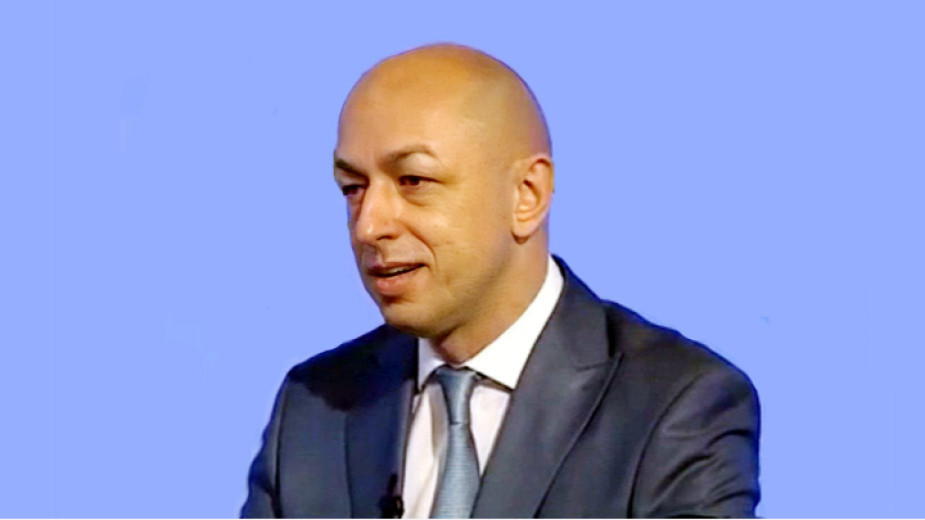Inland waterway transport is very important for connectivity and mobility in Europe
Economist Shteryo Nozharov gives a presentation on November 4th to the UN Economic Commission for Europe. The topic is the introduction of the “Circular Economy in Inland Waterway Transport”.
“We are talking about unifying the rules for waste management, which are not only ship-generated waste from inland waterway transport, but also port facilities such as port infrastructure, which is also an extremely important issue for our economy.
In our economy, inland water transport, the use of the Danube River is currently not efficient, separately and our circular economy, but this is another topic.
The new emphasis here is that, including in Bulgaria, most people do not distinguish between a linear, recycling and circular economy. It is believed that we are currently moving from a linear economy, in which waste is disposed of in its final stage, to a circular one, and we have actually been in a recycling economy for a long time.
In a recycling economy, the more waste is recycled, the better, while in a circular economy the goal is to have no waste. Everything can be reused with a little intervention or refinement.
This is a completely different concept, which also includes digitalization, the sharing economy, and other such processes that are very complex.
The aim of the United Nations Economic Commission for Europe is to unify the rules for all countries in this area, so as to move to the next level in terms of the management of this type of specific waste.
Inland waterway transport is extremely important for the economies and for connectivity and mobility in Europe. Secondly, this is part of the modern wave of the UN, which is for the so-called “carbon neutrality”, which should be achieved by 2050 at the latest. The focus should now be shifted from land to more environmentally friendly modes of transport.
Or intermodality, which means the connected use of different types of transport. Most freight should be transported by water and rail, those that are environmentally friendly. As the emphasis will increase there, there is an attempt to modernize this process greatly. It is important for both the economy, but it is also part of this modern wave of carbon neutrality and the pursuit of a cleaner and greener world.”
Proposals
“The proposals themselves relate to the separation of waste into those that are subject to direct re-use for other needs, the components of which are subject to direct re-use, redesign, creation of platforms, a resource for shared use of resources such as the shared economy and their corresponding hiring.”






